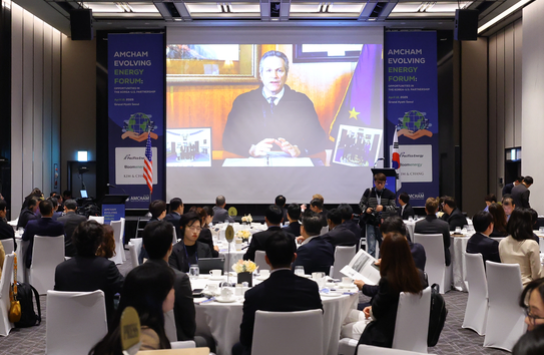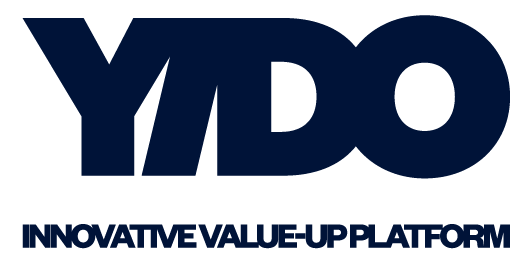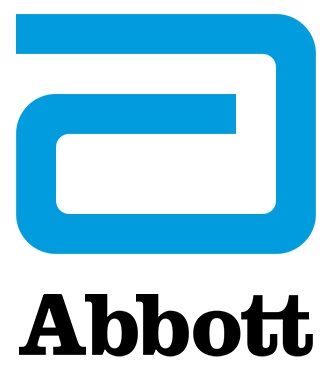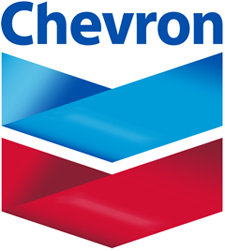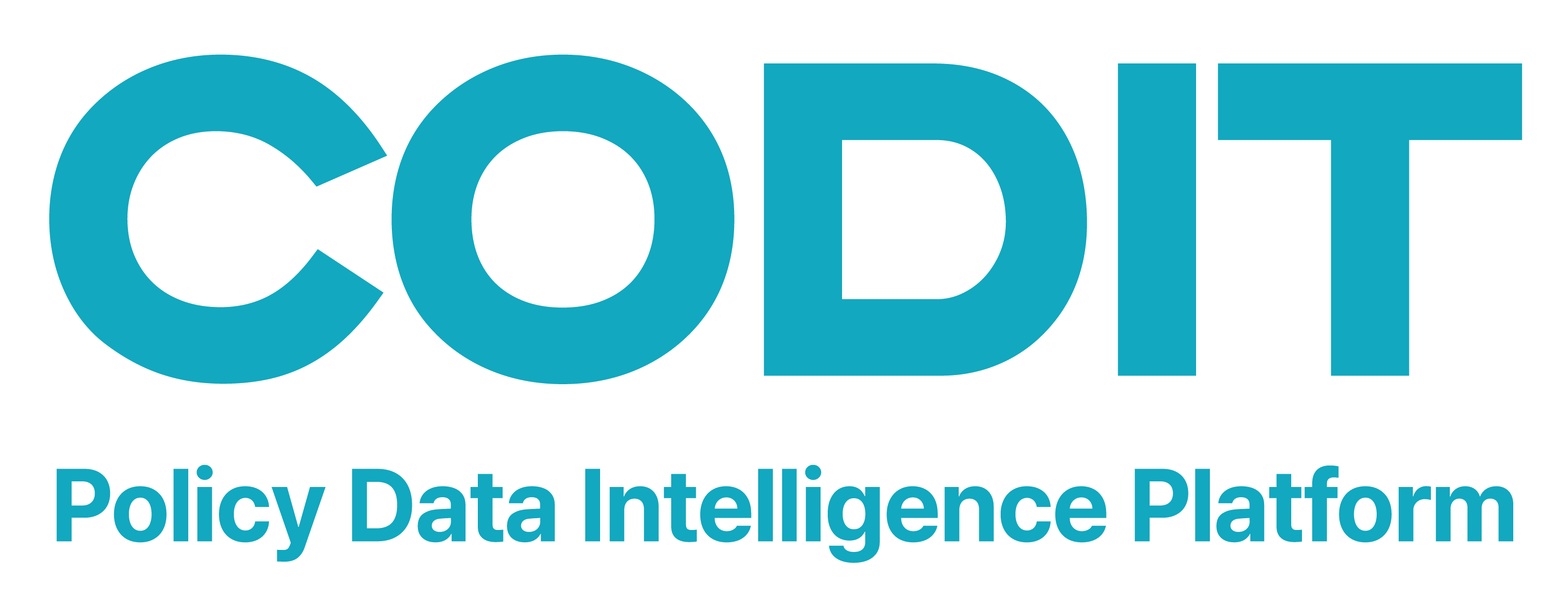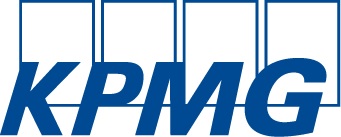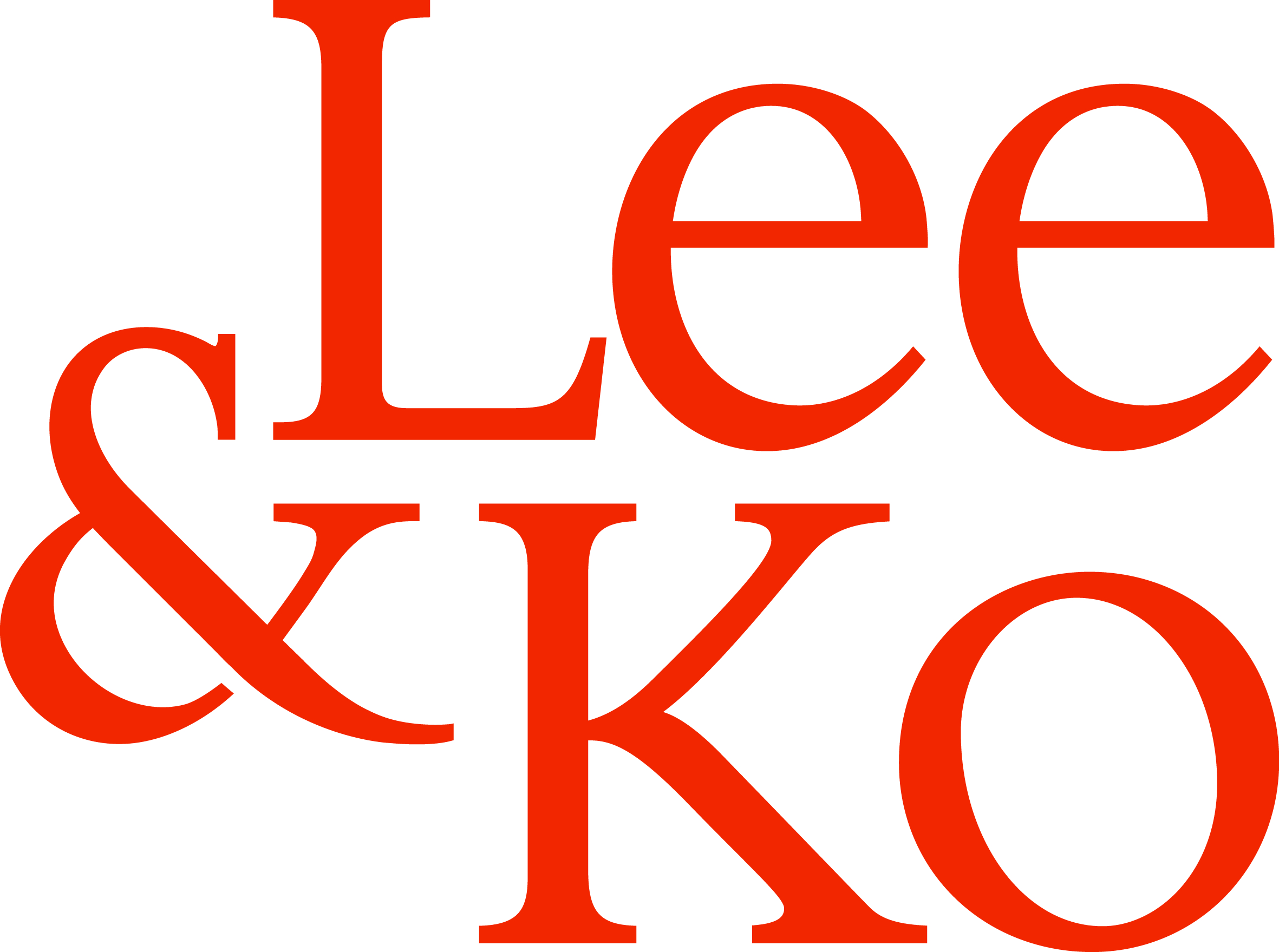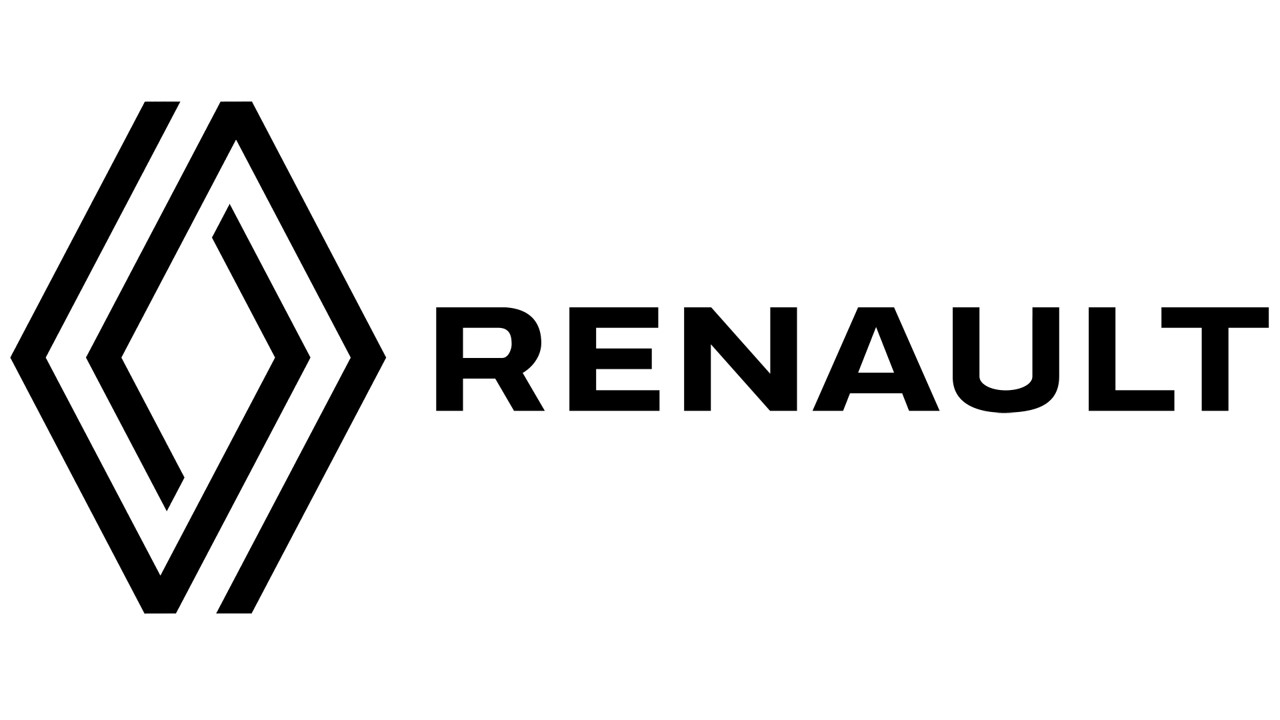AMCHAM
forum emphasizes U.S. desire for Korean partnership on $44 billion Alaska LNG
project
SARAH CHEA, Korea JoongAng
Daily - With Korea’s tariff negotiations with the United States nearing a
critical juncture, U.S. government officials are reiterating their call for
Korea to take a more proactive role in its Alaska liquefied natural gas (LNG)
project ahead of the two’s talks slated for next week.
Alaska Gov. Mike
Dunleavy urged that Korea’s joining the Alaska $44 billion LNG project will not
only be a matter of gas transactions, but a tactical catalyst for strengthening
the ties between Seoul and Washington.
“For Asian allies,
Alaska energy offers more than just a stable supply of energy; It offers
proximity predictability and partnership,” Dunleavy said in a video speech
during an energy forum on Korea-U.S. partnership hosted by the American Chamber
of Commerce in Korea (Amcham Korea) Friday at the Grand Hyatt Seoul in Yongsan
District, central Seoul.
“We're not just
exporting gas, we're strengthening our ties,” He added. “Our relationship with
Korea is strong. We believe this project will only deepen that relationship.”
Tommy Joyce, acting
assistant secretary for the Office of International Affairs at the U.S.
Department of Energy, also emphasized Korea’s role in realizing U.S. President
Donald Trump’s energy vision.
“As our sixth-largest
trading partner and a free-trade agreement country, Korea plays an important
role in unleashing American energy and supporting President Trump's vision to
build supply chains independent of China,” Joyce said during the forum.
The remarks came as
Korea is taking a deliberative approach toward the gigantic natural gas
pipeline project due to the yet-to-be-clear commercial viability. Dangling
tariff reduction as a lure — with a reciprocal tariff set at 25 percent for
Korea — Trump issued a forthright call for Korea not only to purchase the
Alaska LNG but also its direct participation in the project with “investments
of trillions of dollars."
The Alaska LNG project,
which involves laying a 1,300-kilometer (808-mile) pipeline across permafrost,
aims to transport natural gas from Alaska's North Slope to international
markets. The construction cost is estimated at around $38 billion to $44 billion,
and given the harsh climate conditions in Alaska, the actual cost could rise
even further.
Originally proposed in
the 1970s, the project has undergone multiple cycles of suspension and revival,
largely due to concerns over economic viability and inadequate infrastructure.
Big private companies like ExxonMobil and Mobil dipped their toes in, only to
later withdraw.
James Kim, the chairman
of Amcham, advised that Korea’s contribution to the U.S. LNG project will be a
critical lever enhancing the two’s further trade ties.
“Energy is emerging as
one of the most strategic pillars of U.S.-Korea cooperation,” Kim said in the
forum. “Korea’s support of U.S. LNG gas will be extremely helpful in both
reducing the trade deficit and enhancing the overall relationship with the
United States.”
Ahn Duk-geun, Korea’s
minister of trade, industry and energy, voiced consensus on fortifying
bilateral energy integration with the United States.
“It has become more
critical than ever to develop energy policies that support the establishment of
a resilient and secure energy supply system,” Ahn said at the forum. “Given
Korea’s significant reliance on energy imports, it is essential to strengthen close
cooperation with key partners, including the United States.”
Ahn, accompanied by
Finance Minister Choi Sang-mok, is reported to be scheduled to visit the United
States for a talk with the Trump administration on April 22. Trump stepped
directly into talks with Japan, leaving a distinct possibility of his presence in
the upcoming discussion with Korea.
Source:https://koreajoongangdaily.joins.com/news/2025-04-18/business/industry/US-reiterates-desire-for-Korean-partnership-on-44-billion-Alaska-LNG-project/2288559




